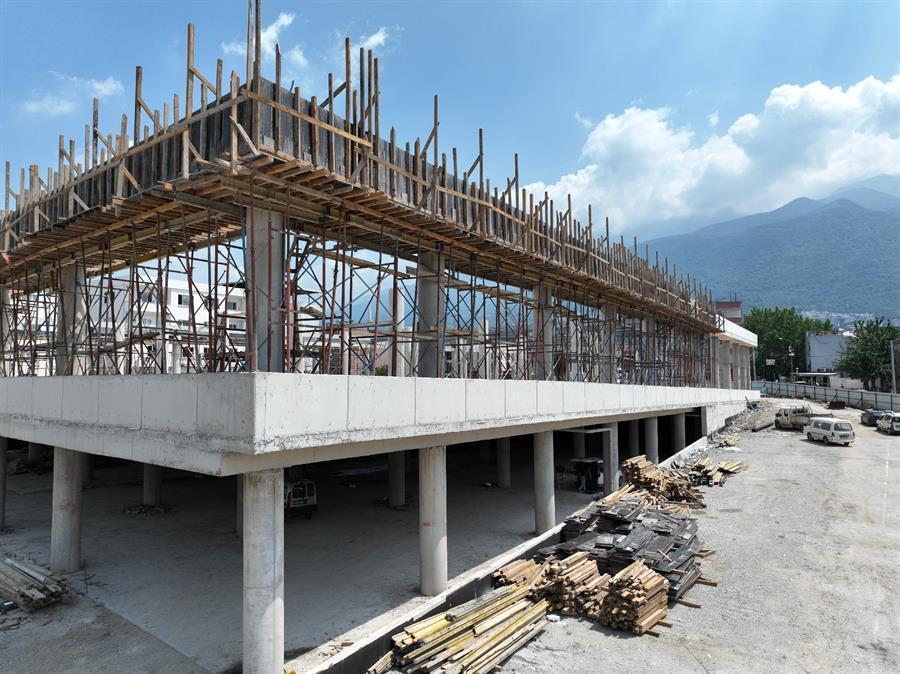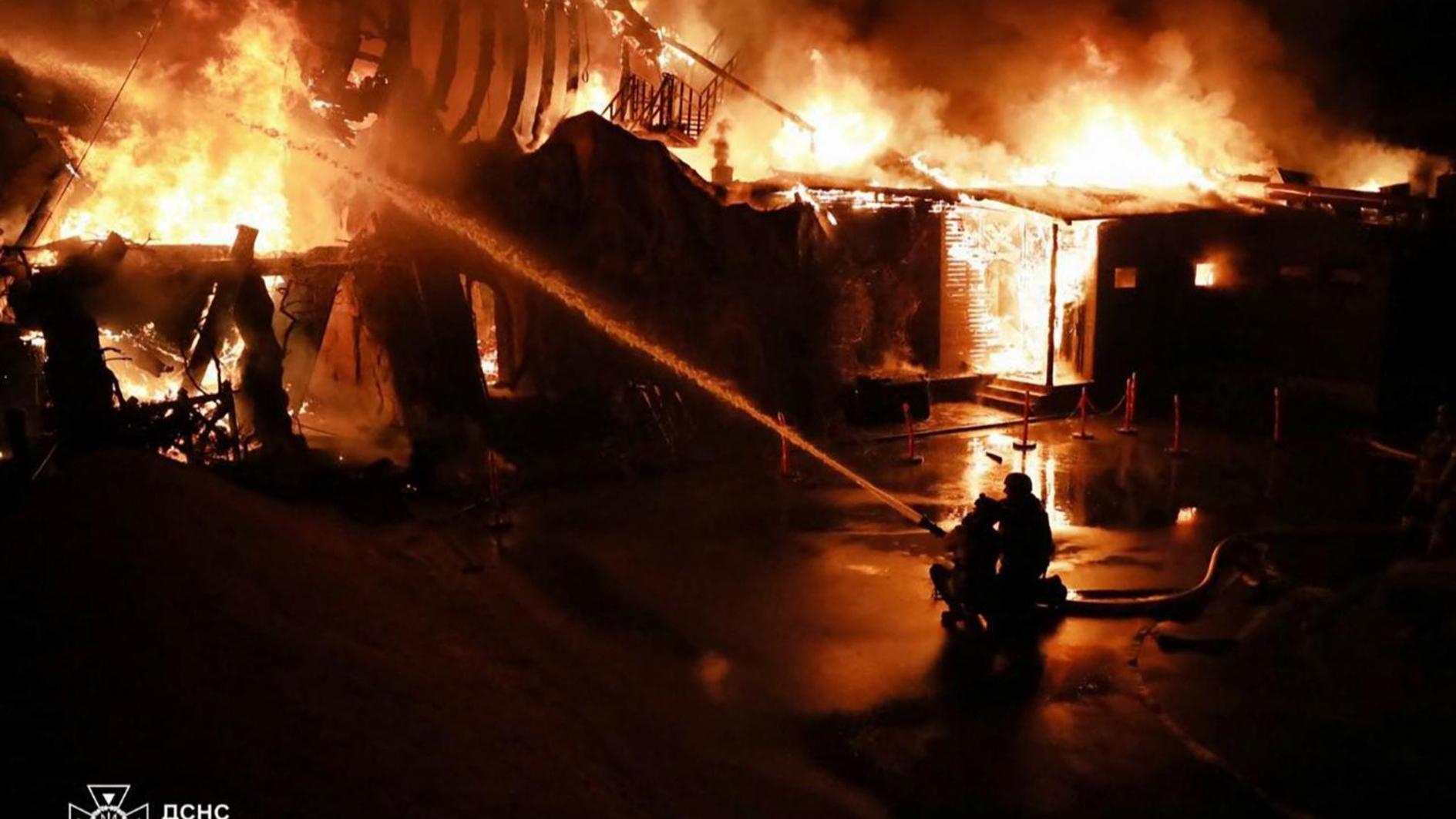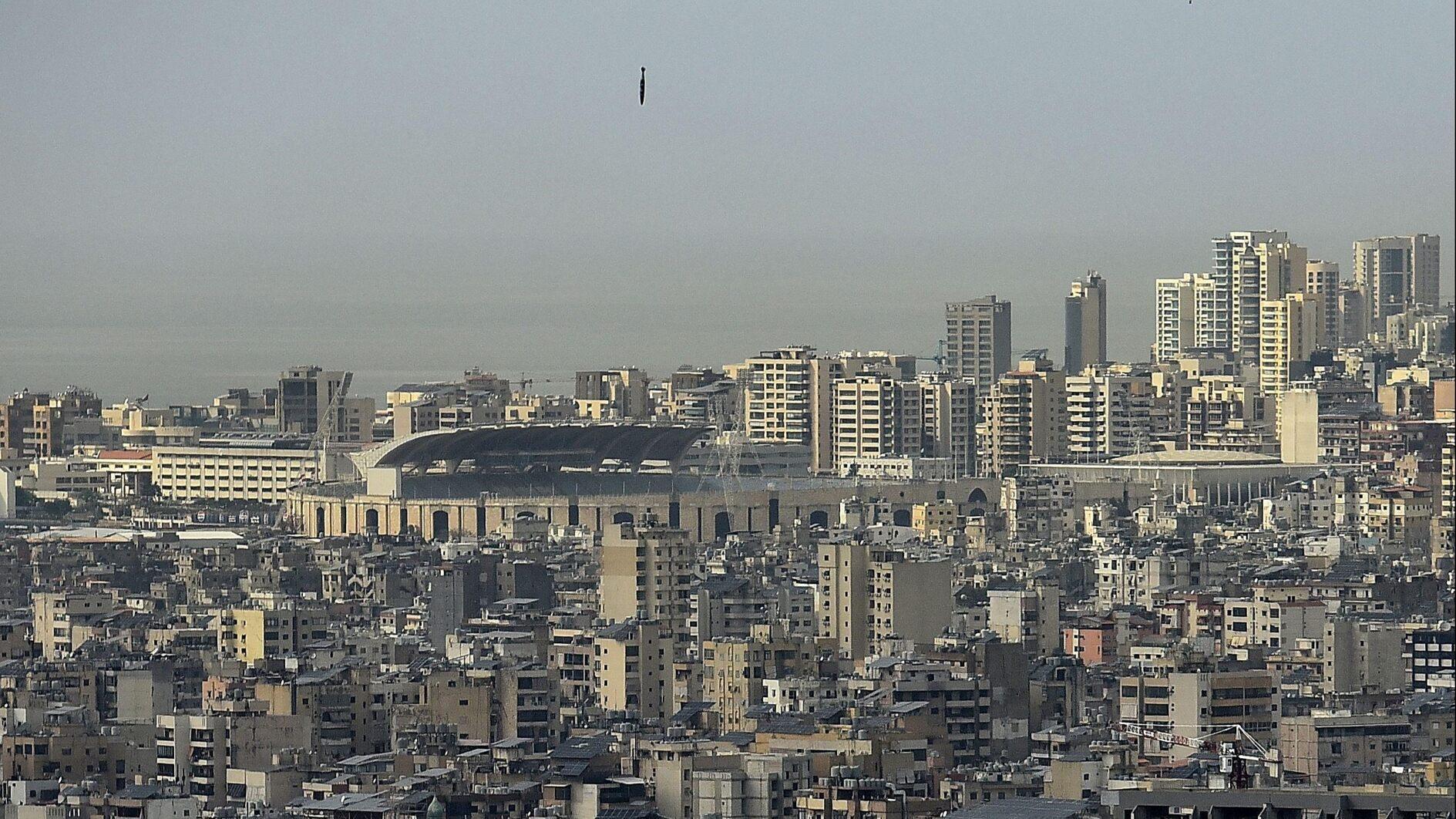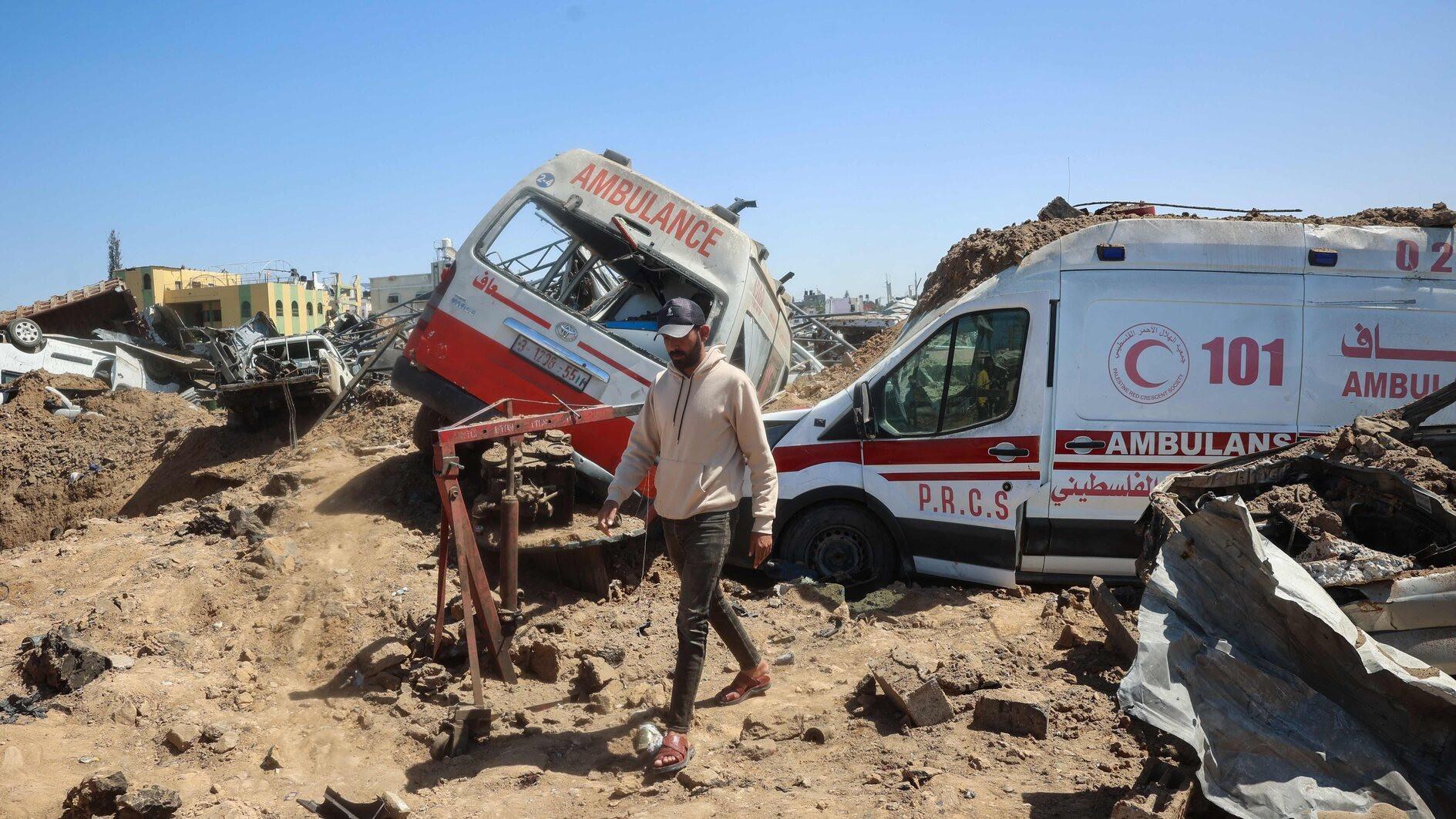‘Zero tolerance’ for constructions on fault lines: Minister
ANKARA

Within the scope of the housing project ongoing in 11 southern quake-hit provinces, the construction of new residences in areas on fault lines will not be allowed at all costs, Environment, Urbanization and Climate Change Minister Mehmet Özhaseki has said.
Stating that the construction of permanent housing in the region is progressing rapidly following the deadly Feb. 6 quake that rattled Türkiye’s south, Özhaseki stressed that his ministry is working considering some “red lines” in the construction of new permanent housing and that there will be no compromise or tolerance on these issues.
“We have some main red lines. First of all, there will be no construction on fault lines and fault zones. Even if it is the most valuable part of the city, if it is on a fault line, we will not allow construction,” Özhaseki said during his speech after a meeting with mayors of the quake-hit cities on July 2.
Özhaseki also hints a legal regulation prohibiting construction on fault lines, adding that sanctions will be imposed on those who do not comply to these regulations.
Apart from the areas on the fault line, the ministry will also not allow construction in places prone to liquefaction, the minister noted.
He also pointed out riverbeds as another area where construction will not be permitted, stressing the importance of adopting a zero-tolerance approach, particularly in engineering and construction works.
“From now on, we need to take new measures and look forward with zero tolerance. We see that some contractors make mistakes due to their greed for money. Sometimes there are engineering errors in construction inspections. Such errors should not occur anymore,” he said.
“If we don’t proceed with zero tolerance, disasters await us.”
In addition to housing construction, Özhaseki said his ministry’s projects also aim to revitalize social and economic life in cities.
“We have to activate the internal dynamics of the cities and ensure employment. We must support local initiatives and commercial activities.”
Reminding that the material damage caused by the February quakes was around $100 billion, Özhaseki stated that initially 680,000 housing units will be built.
He also noted that they are working on around 170,000 workplaces, adding that the first housing units will be delivered in October.
According to the General Activity Report for 2022 prepared by the Presidency’s Strategy and Budget Directorate, work is being carried out in 279 risky areas in 59 provinces and 541 reserve building areas in 65 provinces, which were determined to be used as new settlement areas.
In addition to approximately 815,000 independent units in these areas, renovation works are underway for 888,000 houses and workplaces at risk in all 81 provinces.
















